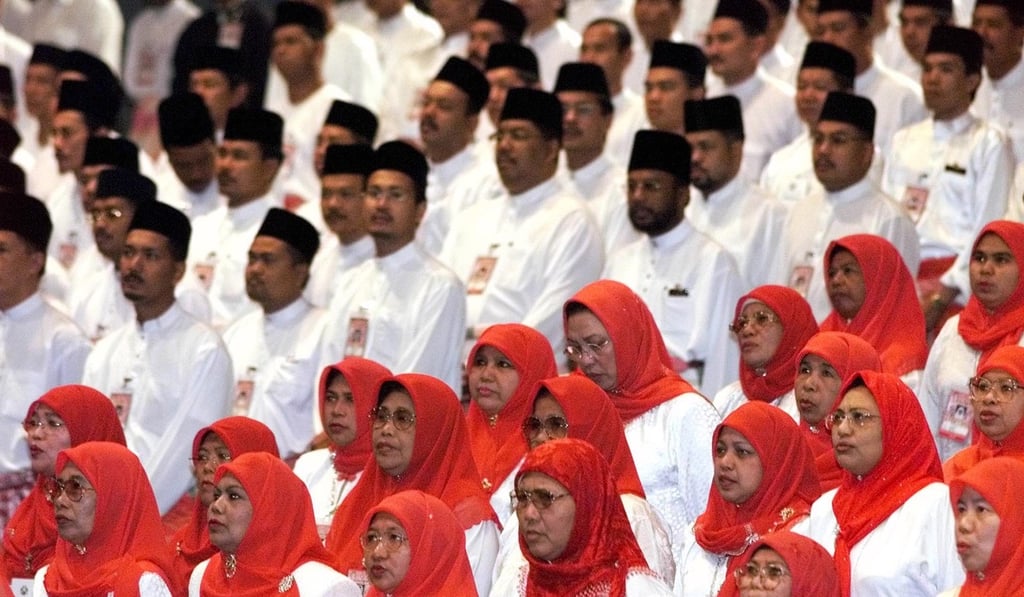Asian Angle | Where’s Malaysia headed with its race-based preferential policies?
- Discriminatory programmes may be an obstacle to self reliance for ethnic Malays, but they are also massive and colossally difficult to dismantle

After taking office last year, Malaysian Prime Minister Mahathir Mohamad’s government undertook a midterm review of the national development plan implemented by the previous administration.
One of the most anticipated elements of Pakatan Harapan’s review of the 11th Malaysia plan – which is set to run until 2020 – was the country’s stance on its extensive, embedded system of racial preferences.

The absence of a dominant party for ethnic Malays in the new coalition government, coupled with the meteoric rise of racially mixed parties, has induced expectations of a matching policy reset – especially among non-Malays and international watchers. However, shifting away from racial party politics is one thing, phasing out race-based preferential policies is another thing altogether.
Mahathir never promised to eliminate racial preferences. On the contrary, immediately after winning power, he gave assurances that he would safeguard constitutionally enshrined privileges for the bumiputra (sons of the soil), the collective term for Malays and indigenous peoples.
